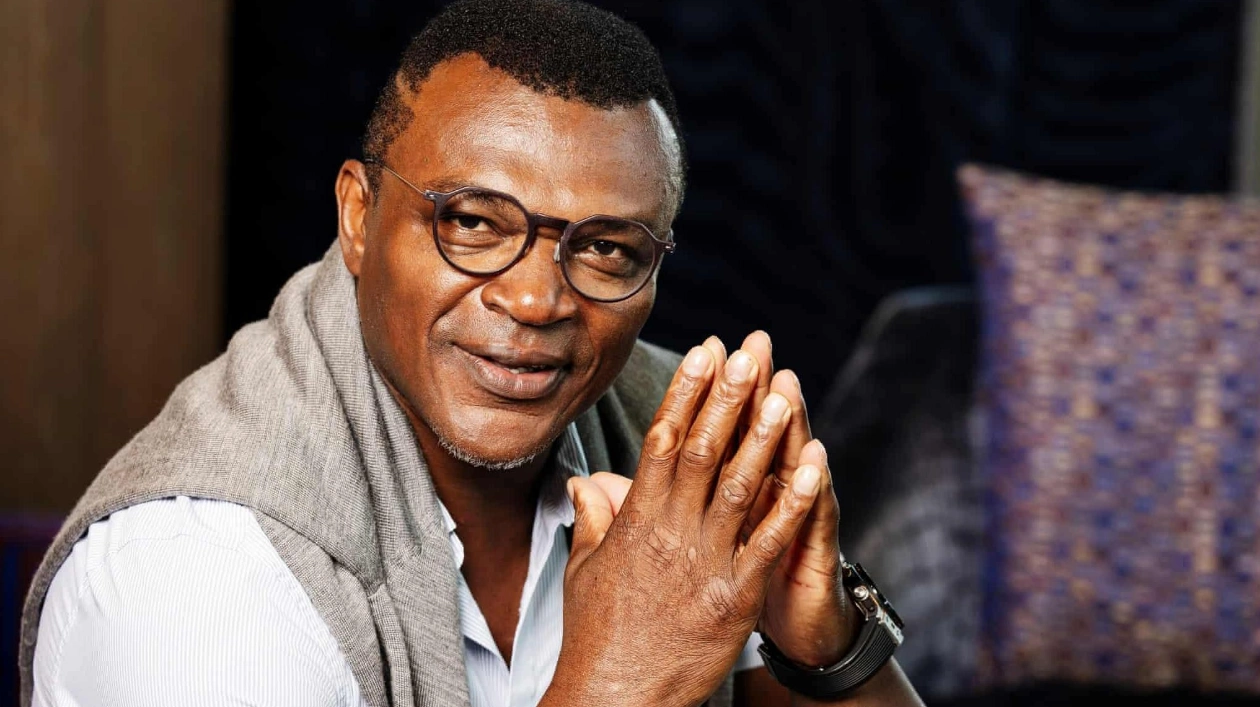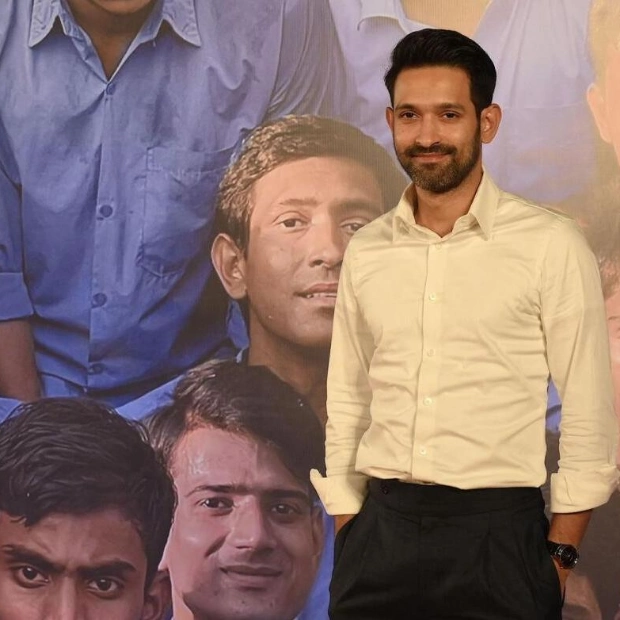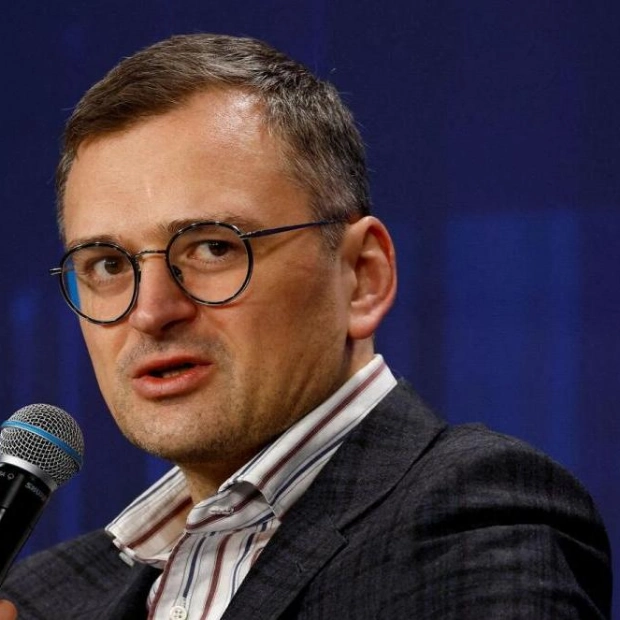“I love watching the Championship,” Marcel Desailly confesses. “Typically, I don’t watch a full 90 minutes unless I’m working on a game in the studio. But I relish watching 90 minutes of Championship matches. The intensity is simply remarkable. And technically, they can really play.” This might not be what you’d expect from a Champions League winner with Marseille and Milan, a World Cup and European Championship winner with France, and a formidable defender who spent most of his career at the pinnacle of the sport. Yet, Desailly has always been a naturally contrarian figure. He left Serie A when it was the world’s best league and joined Chelsea, who weren’t even the top club in London. He moved to Qatar in the mid-2000s, long before it became a global football hub. His tactical and technical acumen would have made him an exceptional coach. Instead, he’s content with whatever captures his interest: a bit of business, some charity work, punditry, and a new Fifa documentary series called Moment of Truth, now available in the UK for the first time. He’s speaking from Doha, where he’s working on beIN Sport’s Champions League coverage.
For research and pleasure, I rewatched the 1994 European Cup final between Milan and Barcelona. You might have forgotten, as I did, that Desailly played that game in midfield: a commanding performance where he scored Milan’s fourth goal and dominated a young Pep Guardiola. Given how the game has evolved, I wondered if he could still play that role today. “From ’94 to ’96 or ’97, I was the best defensive midfielder in the market,” Desailly recalls. “I was perfect for the era when football wasn’t as technical, where physicality ruled. Then in 1997, I saw football changing. More technical players like Patrick Vieira and Edgar Davids emerged. They could use the ball with precision, turning and playing under pressure. My strength was quick, strong challenges, but now players like Kroos, Modric, Seedorf, or Pirlo could counter pressing instantly. Fitness and technical skills have evolved. Players now use their feet differently, moving the ball as they wish. I discussed this with Frank Lampard. He said the game isn’t faster, just that players have more ability and tactical understanding. Could I play today as a defender? Yes. As a midfielder? No.”
It’s a good time to ask why Desailly never became a coach. “I did my coaching badges,” he says. “The lifestyle was the reason I didn’t pursue it. I didn’t want to be obsessed with one thing. Coaching demands 100% of your soul. You need to rebuild your philosophy from scratch. I wasn’t ready for the frustration.” Desailly is also wary of the idea that more former players should govern the game. “How many of us have a university background or want to sit in an office? Without the grass, players, or dressing room? Few of us desire that. Besides, look at Platini’s fate.” Yet, this isn’t withdrawal or apathy. Desailly deeply cares about the game and speaks out on important issues. “It’s good to have soccer players with opinions,” he says, drawing from his experience. As a key member of the multicultural France team that won the 1998 World Cup and stood against the far right, Desailly paved the way for the current generation. “The players of the French team, diverse in their origins, condemn the resurgent notions of exclusion and racism,” he declared in 2002. Now, football is again a focal point of resistance. During Euro 2024, players like Jules Koundé, Kylian Mbappé, and Marcus Thuram spoke out against the rebranded Rassemblement National. With the far-right on the rise, it’s tempting to ask if anything has changed. But Desailly insists battles have been won. A generation ago, he and his teammates fought for the right to be seen as French. “Now, we’re in a new era. This is the third generation. They’re born in France. Politicians are careful with their words. The focus is on illegal, undocumented people. She [Le Pen] only points to this now.” He admires Koundé and Mbappé for using their platform. “Footballers are slowly forming opinions. It’s not just about racism. Their view was that the extreme right isn’t good for the country’s growth. They raised awareness among young people. It’s been positive, as they couldn’t enter the system.” Just as the FN were defeated in 2002, the RN was pushed to third place in recent elections. Perhaps the lesson is that Desailly chooses his projects carefully but commits fully. He’s resisted being defined by one role. Defender and midfielder; worker and leader; politician and philanthropist; French and Ghanaian; Champions League pundit and EFL enthusiast. He wears many masks, all with contentment. “I’m fortunate,” he says. “With my wealth, I’ve created an academy and done charity work in Ghana. I stay close to football, involved with Fifa and Uefa. It’s more useful than coaching one team. I don’t know if I was a star, but I’m now a legend. And through that, I feel the sun shining.”
Source link: https://www.theguardian.com






